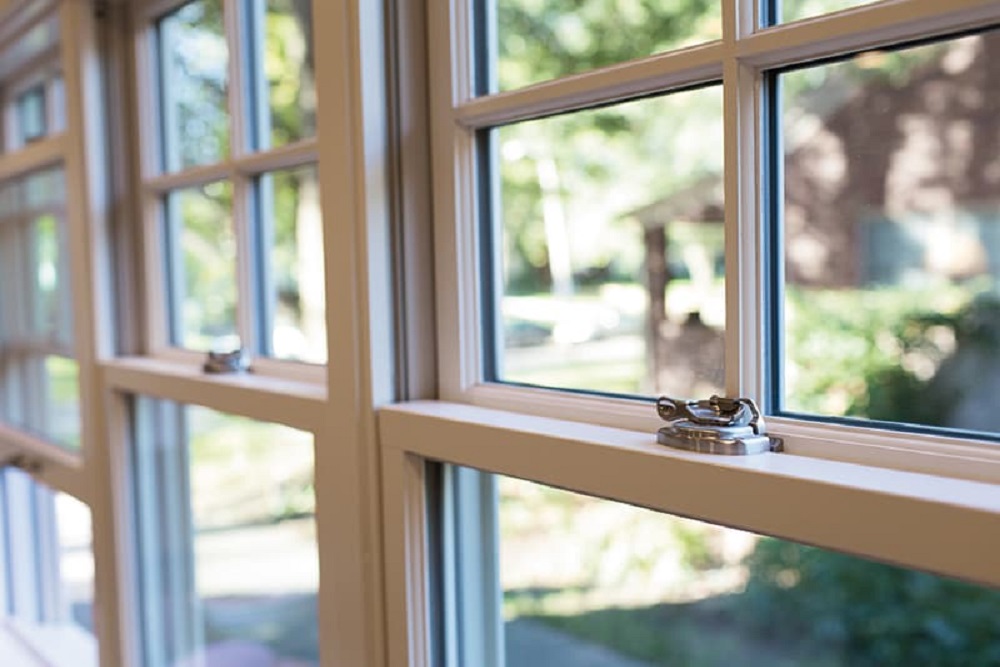Most residential homes have windows that come with glasses. Once the design, style, color, and material of your window are finalized, it is essential to determine the glass coating type.
Glass coating is highly necessary to prevent your house from harmful ultraviolet rays. It is also used in various industries such as wine and spirits, cosmetics, fragrances, and beyond to protect the content from UV rays.
So, let’s dive into the types of coatings for glass windows.
What is Glass Coating?
Similar to traditional powder coating, which is done on various home appliances and automobiles, glasses are coated the same way.
Powder coating on the glass is done through specialized equipment since there is no electrostatic attraction. The primary challenge with powder coating is for powder pigments to adhere to the glass surface, forming a UV protection layer.
The process of glass coating requires a clean glass subsurface that won’t interfere with the process. It would be best to have solvents, chemicals, or the classic washing technique to make the glass clean and ready for coating.
Temperature control is also a critical parameter to execute the glass coating process successfully.
Window Pane Options
The layers of glasses in your window refer to the panes. There are multiple window pane options from single, double, and triple-layered.
The gap between the panes is filled with gas-like argon for insulation. Dual-window panes have better insulation than single panes that have become extinct, as they were more prominent in older home designs.
Triple window panes are best suited to modern homes as they are more efficient with insulation, and if they’re layered with coatings for glass, they will protect you from harmful UV rays.
However, don’t rely entirely on the number of window panes; the glass manufacturer, installation, and glass material are equally important.
Types of Coatings for Glass Windows
Apart from the protection from UV rays, glass coatings are also great for energy efficiency. They restrict the weather outside during summer and winters, making the house more hospitable.
- Insulation: Insulation glass coatings are excellent for summers and winters as they reduce energy costs dramatically.
- Glare Reduction: Glare reduction is a brilliant quality of glass windows that help minimize the light input. You can coat your glass up to various percentages depending on the sunlight you receive.
- UV Blocking Films: The most common form of glass coat is the UV blocking film that offers UV protection for up to 99.9% and 80% of solar heat entering your home. The house consists of wooden furniture and other elements prone to deterioration due to UV rays. UV films are excellent to prevent that.
- Privacy Films: We are all aware of automobiles and houses with tinted or textured film on glass that prevents visibility from the outside. You can either coat your glass with a privacy film yourself, or you can buy ready-made glasses.
- Decorative Coats: Decorative coats have gained massive traction in the interior design industry. Glass coats that give the effect of stained, frosted, etched, or fire glass are decorative coats. However, it is important to determine where you’ll apply them because they’re not as effective as other coats.
- Security Coats: Security or safety coats are good for homes that require prevention from breakage of glass. These coats are also excellent at providing durability to glass.
Final Words
Coatings for glass windows are an essential aspect if you’re looking to put up new windows or renovate your house. Before you look for glass coatings, study your home and the type of glass coating that will best suit your residential settings.

